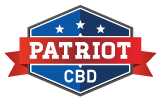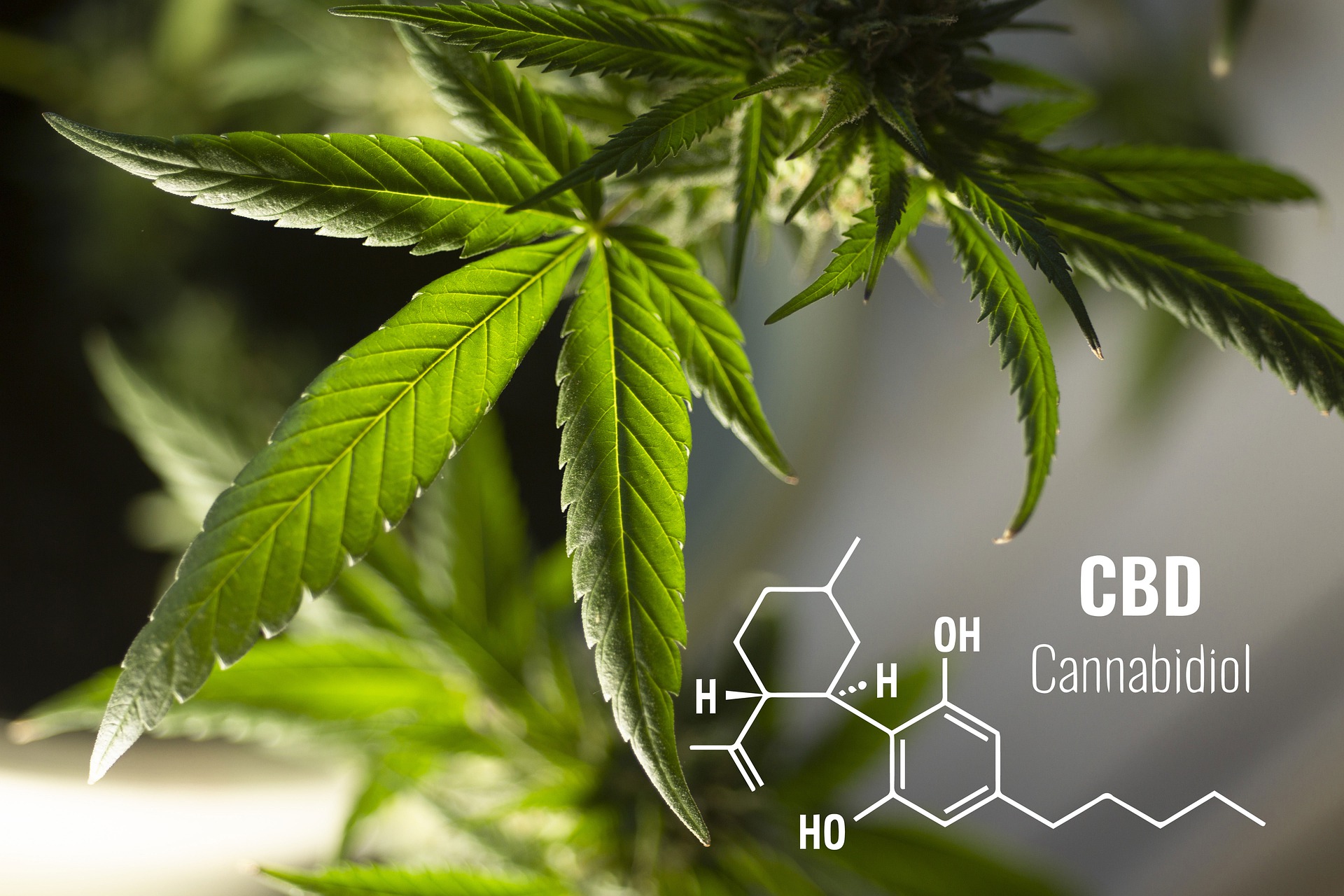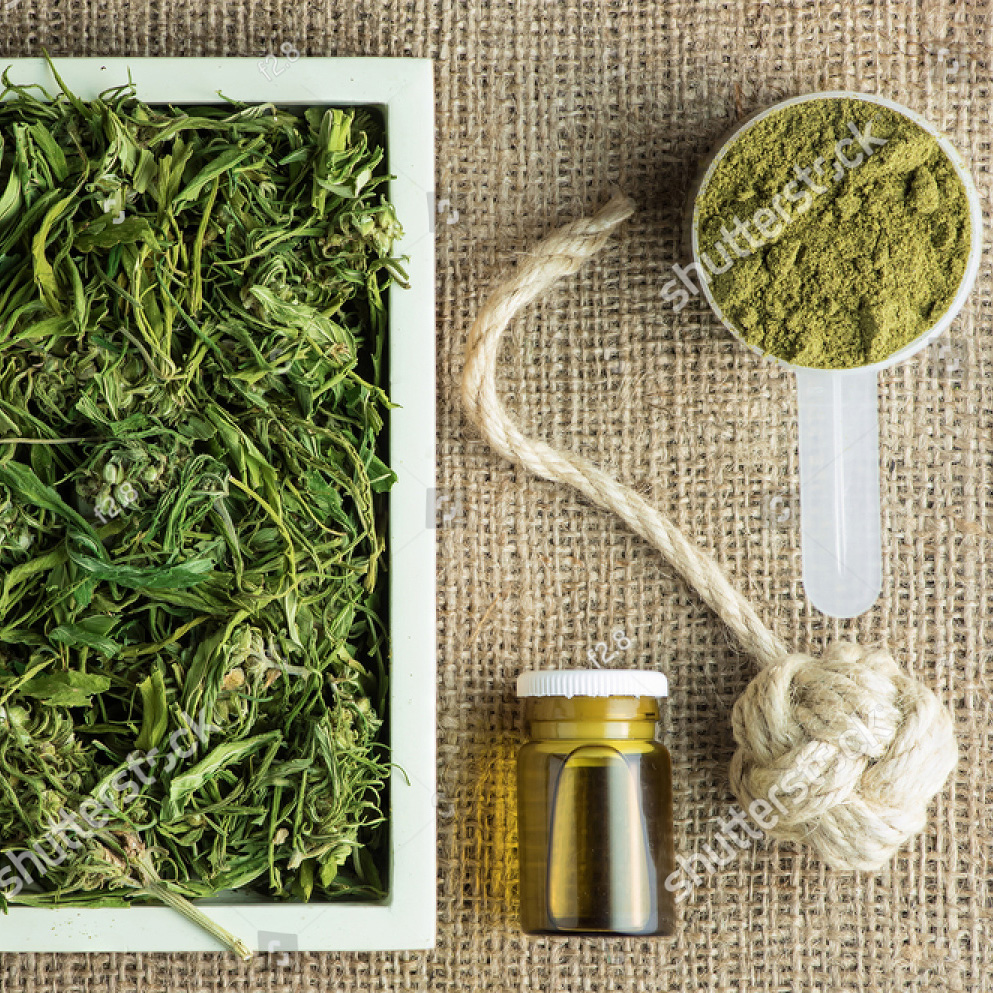CBD & The Intestinal System
“All disease begins in the gut”. This is a well known quote by Hippocrates. It is as true now as it was when first written. If all disease begins in the gut, than all health begins in the gut as well. CBD, in many of its benefits, is particularly valuable for gut health. If we focus on that which promotes digestive health, we will begin to heal far deeper than the gut. Before we talk about CBD, lets learn more about the importance of digestion in overall health.
The Gut’s Crucial Role In Health
Our digestive tract, from mouth to anus, is literally a long hollow tube. The mucosal lining along this tube is responsible for protecting us from anything harmful that may enter from our external environment. When our digestive system becomes inflamed, this mucosal lining begins to become permeable. When this happens, we develop a “leaky gut”. Imagine a cracked bowl. Any soup you put in the bowl, will begin to spill out. This is what occurs with leaky gut. However, rather than soup, proteins, food particles, bacteria, fungi, parasites and waste begins to spill out into our bloodstream. The result? Systemic inflammation [1].
When our gut leaks these substances, even if they are not harmful in origin, our immune system becomes confused. These substances do not belong in our blood, and so our immune system does everything it can to protect us. The primary means of protection is inflammation [2]. Inflammation is not entirely bad, however chronic and out of context inflammation over long periods of time can lead to serious health risks [3]. This means that an inflamed, or unhealthy digestive system, can result in other more serious health issues in any of our body systems. This is a brief introduction to the relationship between digestive health and immune function.
Inflammation related conditions include:
-
-
-
-
-
-
-
-
-
-
- Heart disease
- Allergies
- Neurological conditions
- Brain fog
- Cancer
- Arthritis
- Depression
- Fatigue
- Slowed healing response
- Autoimmune disease
-
-
-
-
-
-
-
-
-
CBD’s Direct Role In Healing Digestion
An interesting observation is that CBD can help all of the above conditions. This is likely related to CBD’s role in the Endocannabinoid System. By positively impacting the CB1 and CB2 receptors, CBD can benefit immune and nervous system functions [4]. It is no surprise, that CBD can also help harmonize our gastrointestinal system. By reducing inflammation, our guts will seal up, and no longer leak dangerous substances into our bodies.
CBD and cannabis have been use for millennia to treat many disorders, including digestive ones [4,7]. Inflammatory Bowel Disease (IBD), such as ulcerative colitis and Crohn’s disease, are becoming a common problem in the modern world. It is no surprise, as our diets, lifestyle choices and environmental factors have become more and more distant from our natural ancestral roots. Generally, conventional medicine’s approach to treating IBD is life long drugs, surgeries and harsh anti-inflammatory medications. Many people are finding natural solutions to these debilitating illnesses through diet, stress reduction and herbs and supplements. CBD is proving to be a key player in not only symptom control but also healing the root of the dis-ease [5,6,7].
IBD tends to be preceded by irritable bowel syndrome (IBS). It is important to address digestive symptoms before they develop into something more serious. IBS is defined by uncomfortable symptoms like diarrhea, constipation, gas, heart burn and nausea. CBD helps to calm and treat these symptoms [5,6,7]. Natural therapies are quite simple, however they take great discipline. CBD is a good starting place but to truly heal our digestive systems, we need to do more than simply take a few drops of hemp oil everyday.
It Takes More Than Just CBD…
Diet
Diet is one of the most simple and significant changes we can make in our lives to resolve gastrointestinal disorders. There are many common foods in the standard American diet that irritate the gut and create intestinal dysbiosis. Gluten is now becoming a buzz word and fad diet. This is for good reason. Modern wheat has been hybridized to contain higher gluten content. Gluten is a protein found in wheat that is nearly impossible for our digestive system to break apart. As it enters our system, it can directly cause leaky gut syndrome [8]. Traditionally, wheat would be soaked, sprouted and fermented to break down gluten and make it more easily digestible. We have lost touch with this ancient practice, and now gluten enters our body undigested. Removing wheat and gluten from our diets can have immediate and long lasting positive impacts on digestion.
Dairy
Dairy is another common food that tends to be difficult to digest, especially those who are lactose intolerant [9]. Modern practices of dairy production require pasteurization, which will mutate the proteins in dairy, making them unidentifiable to our bodies. This results in allergies and inflammation. Modern day dairy cows have been hybridized to increase milk production. This further disconnects the dairy from its natural origins, making it more foreign to our bodies. Growth hormones are commonly given to cows, and end up in the dairy of the cow. These growth hormones can negatively impact our own hormonal systems, which throws off our body’s ability to communicate and regulate itself.
Meat
Many conventional meat products contain hormones and antibiotics. When we begin to consume antibiotic laden meats, then there are negative repercussions to the balance of good-to-bad bacteria found in our digestive system. When there is an imbalance, then we develop gut dysbiosis, which has serious consequences [10]. It is important to consume high quality meat products, that are free range, organic and grass fed. These products can actually be extremely beneficial to digestion, especially in the form of bone broths and organ meats.
Sugar
Avoid sugar. Sugars will feed bad bacteria and spike blood sugar. Spiked blood sugars will result in inflammation in the body [11]. As we know, an inflamed gut results in uncomfortable symptoms.
Eat Organic
Many foods in the supermarket, even organic ones, contain pesticides and herbicides. These chemicals are designed to destroy life on the surface of plants. When we consume these chemicals, they have similar effects within our bodies. The result is gut dysbiosis. These chemicals are poisons, and so they will poison our bodies. It is important to consume as many organic foods as possible, and ideally growing our own or buying directly from local farmers. There is a list of foods released every year, called the clean fifteen and the dirty dozen. It is wise to study these, to know which foods are the priority to buy organic and which are not.
Fiber
Fiber is the food for our bacteria. Eating fiber rich vegetables like sweet potatoes, yams and green leafy vegetables is fertilizer for our gut biome. Focus on these foods, and eat as many as you can. They will benefit your digestive health. You can also supplement with fibers like psyllium husk before and after meals. Fiber absorbs water, so it is important to drink more water when we consume fiber. Too much roughage can harm a sensitive digestive system. If you are still in a healing process, then focus on cooked foods and soups before eating raw foods.
Water Is Life
Drink high quality water. Preferably spring water fresh from the source. Reverse osmosis water is good too. Just be sure to add minerals so it can be absorbed. This is a good product. Tap water contains chlorine which is added to kill harmful micro organisms. Drinking tap water will destroy the micro organisms in your digestive system.
Stress
Stress is a major factor in health. When we are stressed, we stop breathing and we constrict our guts. This causes inflammation and digestive disorders. Practice deep breathing practices, get good sleep and try exercise practices like yoga, qi gong or going for a run. Get out in nature and breath fresh air. Remember to take time everyday to do something you enjoy. Spend time with friends and family. These things will effortlessly relax us and keep us healthy.
This is an introductory to diet and digestive healing. There are many more detailed sources on the internet if you would like to go deeper. I suggest researching diets such as GAPS and ancestral eating habits like the paleo diet.
Below is a list of helpful supplements for healing digestion:
- Activated charcoal – This will bind to toxins in your digestive tract, it is especially helpful if you consume foods that you know may trigger uncomfortable symptoms. It will help reduce gas and diarrhea.
- L-Glutamine – This is an amino acid that is essential for building soft tissue. It will repair your mucosal lining, and treat leaky gut. Consume between meals, on an empty stomach.
- Collagen Powder – This is the main protein found in bone broth. It helps to heal leaky gut, and is an easier way to get the benefits of bone broth. Add to soups or drink as a tea.
- Coconut oil – This oil is very healing. It is commonly used topically to treat sun burns. It will have a similar effect on an inflamed digestive system. It also contains compounds that are anti-fungal, and will help balance your gut bacteria. It is an easily digestible source of energy. Start slow, and consume with every meal
- Omega-3 fish oils. Krill oil is best. This will help to reduce inflammation throughout the body.
- Magnesium Glycinate – Magnesium is an essential mineral that is often lacking in the modern diet. It is essential for hundreds of enzymatic reactions in the body and will benefit overall health. It is especially good for balancing gut motility, and bowel movements.
- Chinese Licorice Root – Very soothing for digestion and will help to heal leaky gut. Consume before meals.
- Reishi mushroom – Potent immune tonic. A healthy immune system will help create a healthy digestive system. They are intimately connected.
- Astragalus Root – Powerful digestive tonic. Try combining astragalus, licorice and reishi for a powerful digestive-immune tonic tea.
- CBD oil – Needless to say, CBD is very beneficial for digestive health.
Balance Is Key…
Remember to be kind to yourself. Start slow, and go bit by bit. Becoming obsessive about health and diet can become a disease in and of itself. It is okay to “cheat” every once and awhile. It will keep us more relaxed and at ease, and maintain a healthy relationship with our minds. When we see foods, such as gluten or cheese, as the enemy, then that is what they become. Thoughts are powerful and they can become poison. Maintain a healthy relationship to food by being grateful for every bite, even if it is a McDonald’s burger.
[1] Ashkan Farhadi, Ali Banan, Jeremy Fields, Ali Keshavarzian (2003) Intestinal barrier: An interface between health and disease
[2] https://medlineplus.gov/ency/
[3] Nemat Khansari, Yadollah Shakiba, Mahdi Mahmoudi (2009) Chronic Inflammation and Oxidative Stress as a Major Cause of Age Related Diseases and Cancer (3): 73-80
[4] Mass F, Monory K (2006) Endocannabinoids and the gastrointestinal tract 29 (3 Suppl): 47-57
[5] Esposito G, Filippis DD, Cirillo C, Iuvone T, Capoccia E, Scuderi C, Steardo A, Cuomo R, Steardo L (2013) Cannabidiol in inflammatory bowel diseases : a brief overview (5):633-6
[6] De Fillippis D, Esposito G, Cirillo C, Cipriano M, De Winter BY, Scuderi C, Sarnelli G, Cuomo R, Steardo L, De Man JG, Iuvone T (2011) Cannabidiol reduces intestinal inflammation through the control of neuroimmune axis
[7] Schicho R, Storr M (2014) Cannabis finds its way into treatment of Crohn’s disease 93(1-2)
[8] Karin de Punder, Leo Pruimboom (2013) The Dietary Intake of Wheat and other Cereal Grains and Their Role in Inflammation 5(3): 771-787
[9] Daniel Pohl, Heiko Fruhauf, Michael Fried, Stephan R Vavricka, Mark Fox (2013) Lactose malabsorption and intolerance: pathogenesis, diagnosis and treatment 1(3): 151 – 159
[10] Yun-Gi Kim, Kankanam Sanath Udayanga, Naoya Totsuka, Jason B. Weinberg, Gabriel Nunez, Akira Shibuya (2014) Gut Dysbiosis Promotes M2 Macrophage Polarization and Allergic Airway Inflammation via Fungi-Induced PGE2
[11] Janice K. Kiecolt Glaser, Ph.D (2010) Stress, Food and Inflammation: Psychoneuroimmunology and Nutrition at the Cutting Edge 72(4): 365-369






